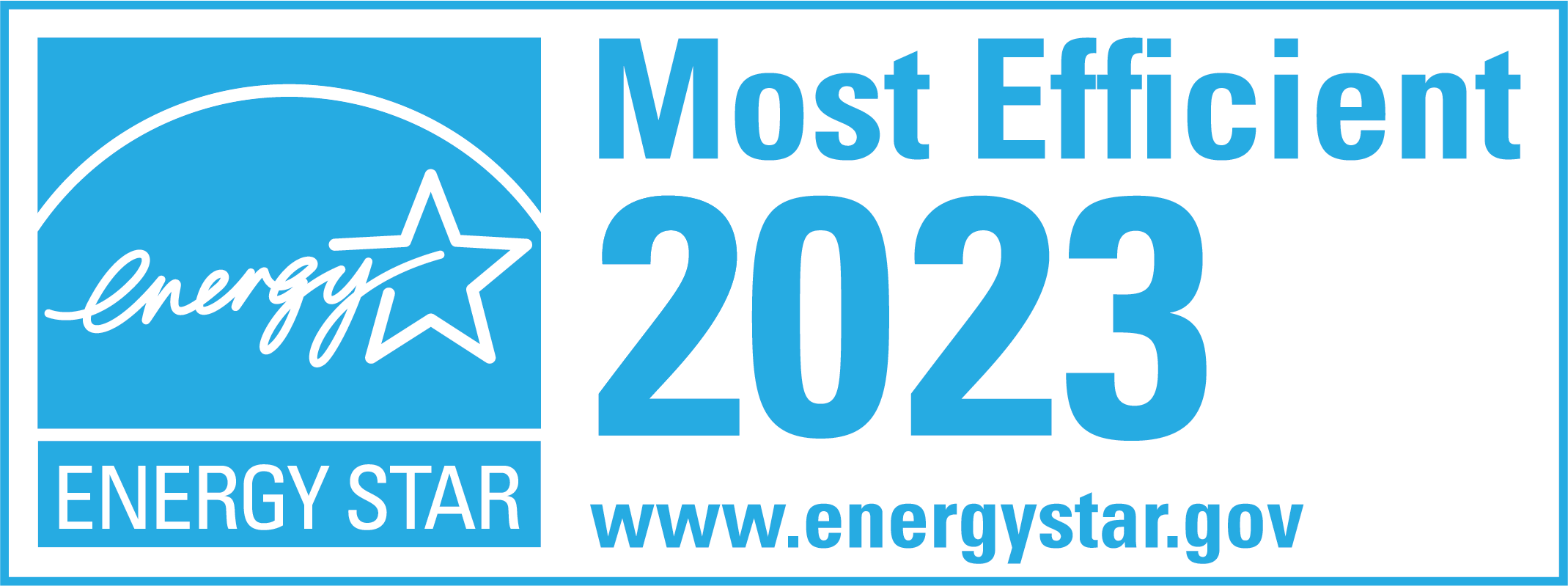Best Material for Replacement Windows
Replacing windows in your home is a significant investment that requires careful consideration. One crucial factor to consider when choosing replacement windows is the material they are made of. The material affects the overall aesthetic appeal of your home and its energy efficiency, durability, and maintenance requirements. To help you make an informed decision, this article analyzes the best materials for replacement windows.
Understanding Window Replacement
A window replacement involves removing the old windows and installing new ones. This process can enhance the beauty of your home, improve its energy efficiency, and increase its value. However, before embarking on a window replacement project, it is essential to understand the importance of quality materials in ensuring long-lasting and efficient windows.
The Importance of Quality Materials in Window Replacement
When replacing windows, it is crucial to use high-quality materials to ensure longevity and optimal performance. Quality materials provide better insulation, preventing air leaks and reducing energy consumption. They also contribute to the windows’ overall durability and structural integrity, offering enhanced protection against external elements.
One of the key benefits of using quality materials in window replacement is improved insulation. Windows made from low-quality materials may have gaps and poor seals, allowing cold air to enter during the winter and hot air to infiltrate during the summer. This can lead to increased energy consumption as your HVAC system works harder to maintain a comfortable indoor temperature. On the other hand, windows made from high-quality materials, such as double or triple-pane glass with low-emissivity coatings, provide excellent insulation, minimizing heat transfer and reducing energy bills.
In addition to energy efficiency, quality materials also contribute to your windows’ overall durability and longevity. Windows made from inferior materials may deteriorate over time, leading to warping, cracking, or fading issues. This not only affects the aesthetic appeal of your home but also compromises the structural integrity of the windows. On the other hand, windows made from durable materials, such as fiberglass or vinyl, are resistant to rot, corrosion, and fading, ensuring that your investment lasts for years.
Factors to Consider When Choosing Window Replacement Materials
Several factors should guide your choice of window replacement materials:
- Climate: Consider your region’s climate and select materials that can withstand local weather conditions. For example, if you live in an area with extreme temperatures or frequent storms, you may want to choose windows with impact-resistant glass or reinforced frames.
- Aesthetic Appeal: Choose materials that complement your home’s architectural style and overall design. Whether you prefer the classic look of wood or the sleek appearance of aluminum, various options are available to suit your preferences.
- Maintenance: Evaluate the maintenance requirements of different materials and determine if they align with your lifestyle. Some materials, like vinyl, are virtually maintenance-free and only require occasional cleaning, while others, like wood, may need regular painting or staining to maintain their appearance.
- Budget: Consider the initial costs and long-term savings associated with each material. While high-quality materials may have a higher upfront cost, they often provide better energy efficiency and durability, resulting in long-term savings on energy bills and potential repairs.
Overview of Window Replacement Materials
When it comes to window replacement, choosing a suitable material is crucial. Several options are available, each with its own pros and cons. Let’s look at each material to help you make an informed decision.
Wood Windows: Pros and Cons
Wood windows have a timeless charm that can enhance the overall aesthetic appeal of your home. They offer excellent insulation, keeping your home warm in the winter and cool in the summer. Many homeowners are drawn to wood windows’ natural beauty and warmth. However, it’s important to note that wood windows require regular maintenance to prevent rot and deterioration. This maintenance includes painting or staining and sealing any cracks or gaps. Additionally, wood windows can be more expensive than other materials, so it’s essential to consider your budget before deciding.
Vinyl Windows: Pros and Cons
Vinyl windows have recently gained popularity due to their affordability and low maintenance requirements. They are highly resistant to rot, peeling, and fading, making them suitable for various climates. Vinyl windows are available in various styles and sizes, allowing you to find the perfect fit for your home. However, it’s worth noting that vinyl windows may lack the aesthetic appeal of wood windows. While they come in various colors, they may not offer the same natural and warm look that wood windows provide. If aesthetics are a top priority for you, it’s essential to consider this aspect before opting for vinyl windows.
Aluminum Windows: Pros and Cons
Aluminum windows are known for their lightweight nature, durability, and corrosion resistance. They require minimal maintenance and offer excellent strength, making them an ideal choice for large window openings. Aluminum windows are also available in a wide range of styles and sizes, allowing customization to suit your home’s design. However, it’s important to note that aluminum is not the best insulator. If not properly thermal insulated, aluminum windows may conduct heat and cold, reducing energy efficiency. It’s crucial to consider the climate you live in and the energy efficiency requirements of your home before choosing aluminum windows.
Fiberglass Windows: Pros and Cons
Fiberglass windows are known for their exceptional strength, durability, and energy efficiency. They offer excellent insulation properties, reducing energy costs and enhancing comfort in your home. Fiberglass windows can mimic the appearance of wood, providing a warm and natural look without maintenance requirements. They are also highly resistant to rot, warping, and cracking. However, it’s important to note that fiberglass windows are more expensive than vinyl or aluminum options. If budget is a concern, you may need to weigh the benefits of fiberglass against the cost.
Choosing window replacement material depends on your needs, preferences, and budget. Consider aesthetics, maintenance requirements, insulation properties, and long-term durability. Consulting with a professional window replacement company can also provide valuable insights and guidance to help you make the best decision for your home.
Energy Efficiency of Different Window Materials
The material of your replacement windows plays a significant role in their energy efficiency. Let’s delve into how different materials affect the energy efficiency of your home:
How Window Material Affects Energy Efficiency
The thermal properties of window materials impact their ability to insulate your home. Materials with low thermal conductivity, such as wood and fiberglass, provide better insulation, reducing heat transfer. This means that less heat will escape from your home during the cold winter months, keeping it warm and cozy. On the other hand, materials with high thermal conductivity, like aluminum, may compromise energy efficiency if not properly insulated. This can result in heat loss during the winter and heat gain during the summer, making it harder for your HVAC system to maintain a comfortable temperature inside your home.
Wood is a popular choice for energy-efficient windows due to its natural insulating properties. It has a low thermal conductivity, which means it is a poor conductor of heat. This helps to keep the warm air inside during the winter and the cool air inside during the summer. Additionally, wood windows often have multiple glazing layers, further enhancing their insulation capabilities.
Fiberglass is another excellent choice for energy-efficient windows. It has a low thermal conductivity similar to wood, making it an excellent insulator. Fiberglass windows are also highly durable and resistant to warping, expanding, and contracting, ensuring a tight seal and preventing air leakage.
Comparing the Energy Efficiency of Different Materials
Regarding energy efficiency, wood, and fiberglass windows are typically superior to vinyl and aluminum options. However, advancements in manufacturing techniques have allowed vinyl and aluminum windows to incorporate thermal breaks and other insulation features, narrowing the energy efficiency gap.
Vinyl windows, although not as insulating as wood or fiberglass, have significantly improved energy efficiency. They are often designed with multiple chambers within the frame, which helps to reduce heat transfer. Additionally, vinyl windows can be filled with insulating foam, enhancing their energy-saving capabilities. These features make vinyl windows a more affordable option for homeowners who prioritize energy efficiency.
Aluminum windows, while historically known for their poor insulation properties, have also seen improvements in energy efficiency. Modern aluminum windows now feature thermal breaks, which are barriers placed between the interior and exterior of the frame to prevent heat transfer. This innovation significantly reduces the thermal conductivity of aluminum windows, making them more energy-efficient than older models.
It’s important to note that the energy efficiency of windows is not solely determined by the material used. Other factors, such as the number of panes, the type of glazing, and the quality of installation, also play a crucial role in determining how well a window can insulate your home. Therefore, it’s essential to consider all these factors when choosing replacement windows to maximize energy efficiency and reduce energy costs.
In closing
At Window Depot USA of Dallas, Texas, we believe vinyl windows offer the best value of any material. Our advanced triple-pane windows offer superior energy efficiency, sound control, and condensation resistance. And, with Window Depot’s national buying power, we can offer you triple pane for the same or lower cost as many of our competitors would charge for double pane. Our Signature Series triple pane windows were awarded “ENERGY STAR Most Efficient,” the Best Energy Star efficiency rating for maximum energy savings!
Why Window Depot?
National Strength. Local Service. Our partnership with one of the nation’s largest home improvement networks provides significant buying power, allowing us to pass tremendous savings to our customers without sacrificing quality. We back it up with the service and craftsmanship of a trusted, locally owned and operated business.
Call us at 214-399-9592 to discuss window pricing and availability. Our replacement window services are limited to North Texas cities like Dallas, Plano, Rockwall, and more.






